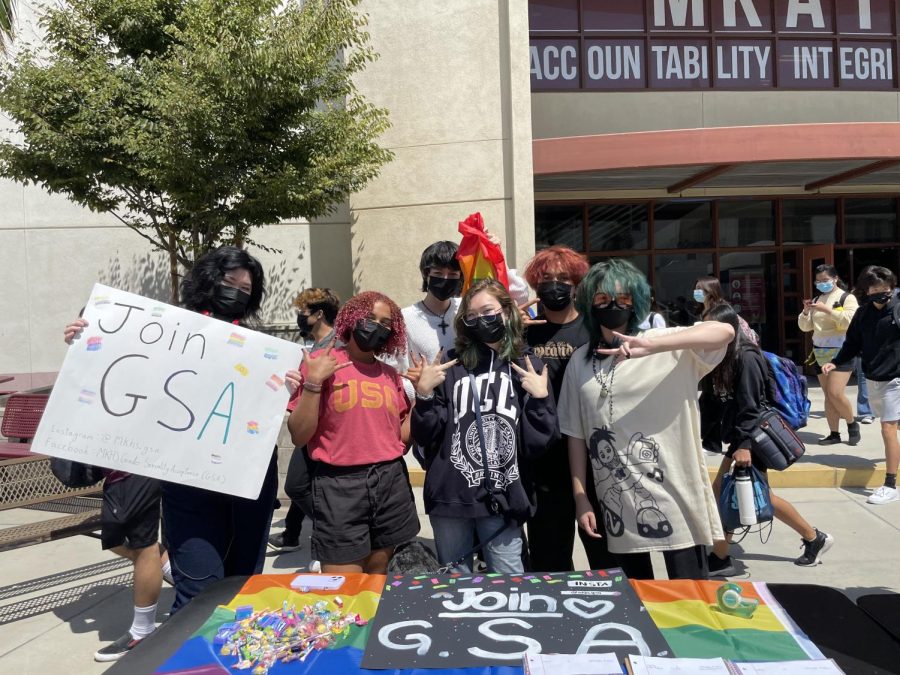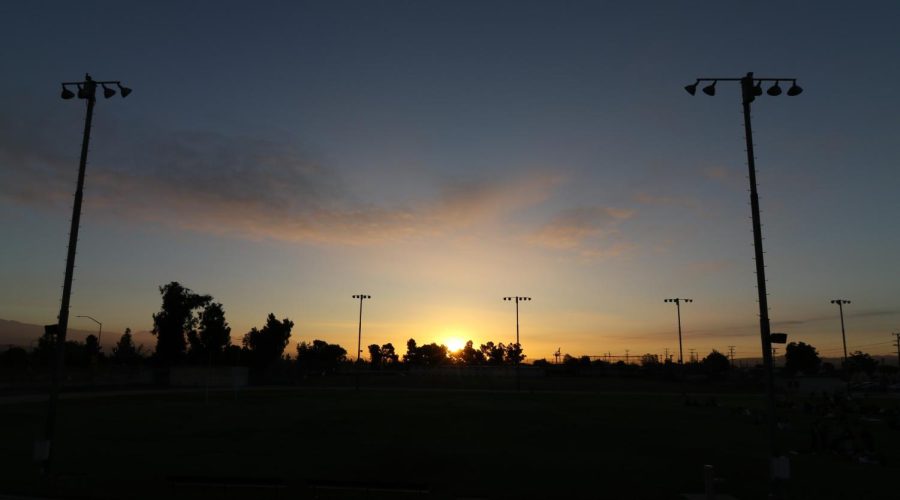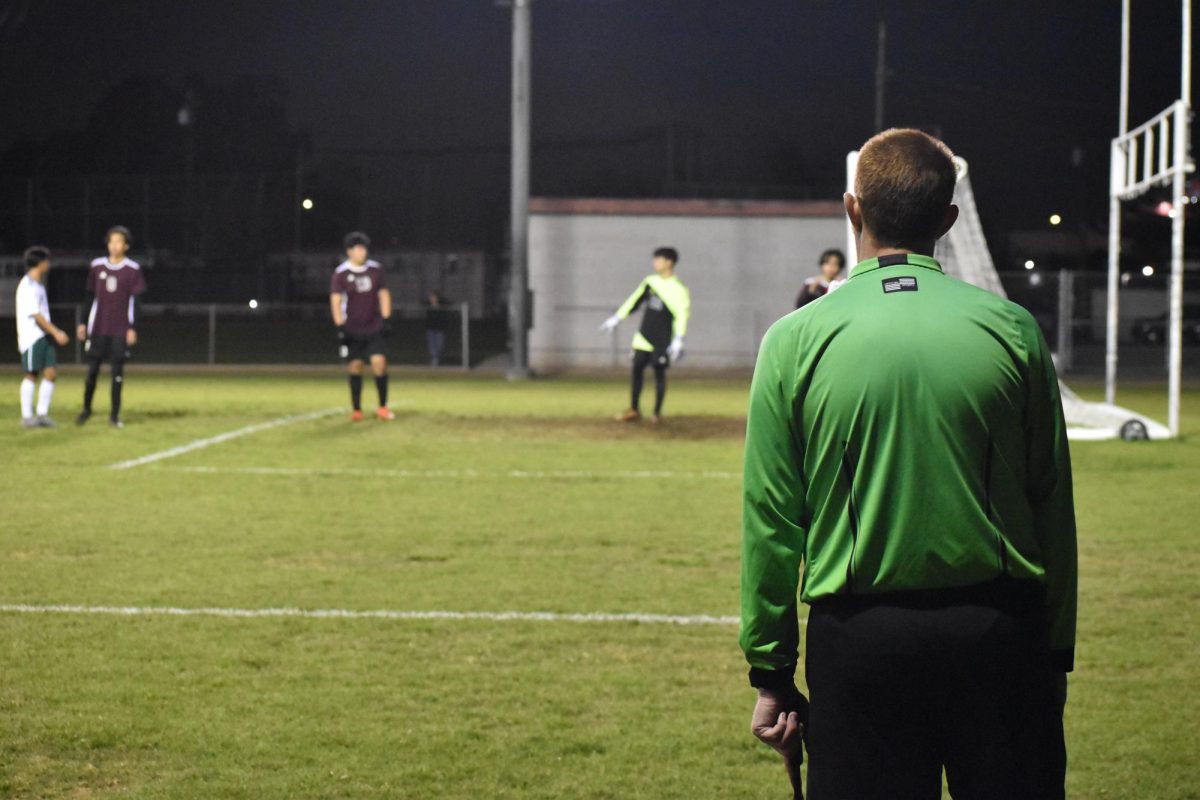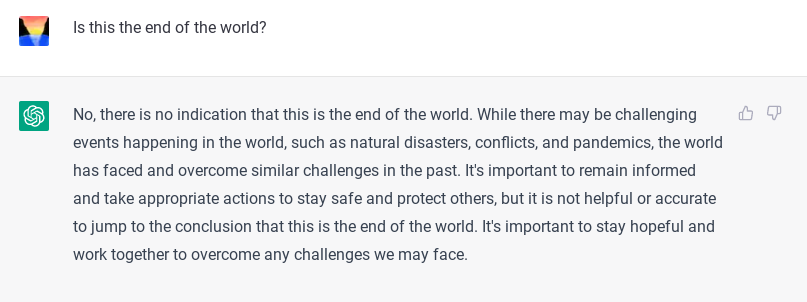Florida’s “Don’t Say Gay” Bill Stirs Up Controversy in Schools
August 8, 2022
On March 28 of this year, Florida Governor Ron DeSantis signed into law the “Parental Rights in Education” Bill. Deemed as the “Don’t Say Gay” bill by critics, its signing has generated widespread controversy.
This law prohibits the classroom instruction and discussion about LGBTQ issues among kindergarteners to third graders. For the grades above this standard, any conversation must be considered age and developmentally appropriate. Furthermore, schools are required to notify parents of any health or support services offered to their kids, allowing them to deny such services on behalf of their children. DeSantis and other Republican legislators have defended this measure, claiming that teachers shouldn’t be introducing subjects of sexual orientation and gender identity with children, and that this matter should be left for parents to tend to instead. The law also enables parents to sue the school district over violation of the policy.
Although this measure is not set to go into effect until July 1, 2022, its consequences have already been felt within local Florida schools. Students have complained of censorship directed towards supporters of the LGBTQ community. One educator claimed that they were called a ‘pedophile’ and a ‘groomer’. A middle-school teacher has since been fired for discussing sexual orientation and pride flags in class.
While proponents of DeSantis’s bill claim that it will allow parents to determine when and how to introduce LGBTQ topics to their children, critics bring up concerns that the bill will cause children to feel unsafe in the classroom. Studies have shown that LGBTQ youth tend to exhibit higher health and suicide risks, and opponents point out that this bill can lead to increased bullying and mental health deterioration.



















Machu Suh • Aug 15, 2022 at 2:08 PM
Florida needs to pass better bills, like how could they just endanger kids like this.